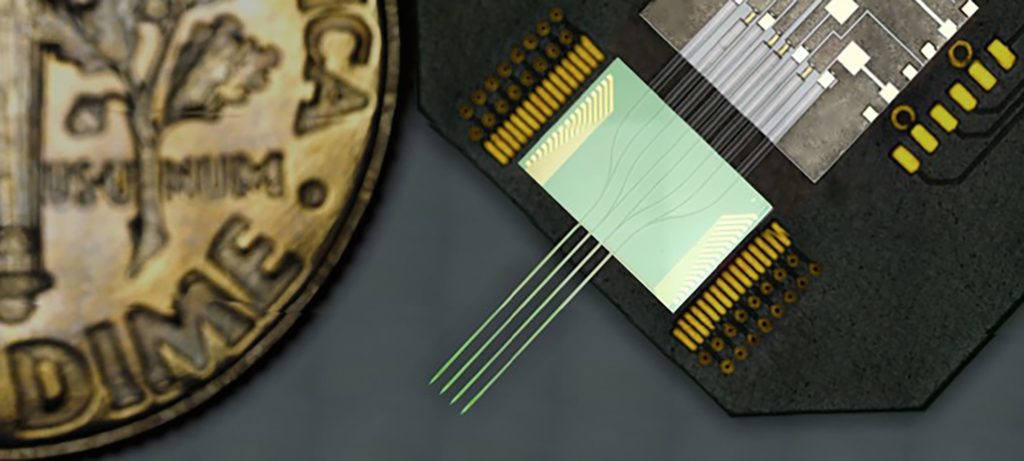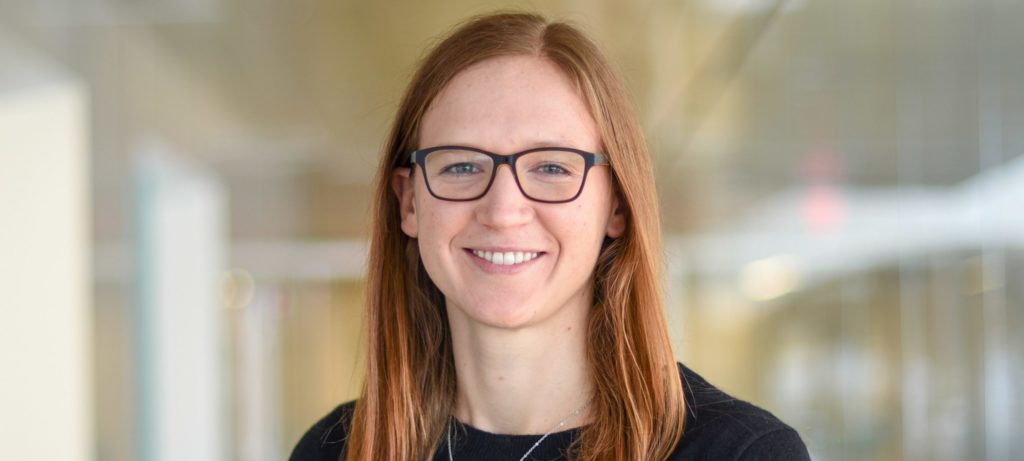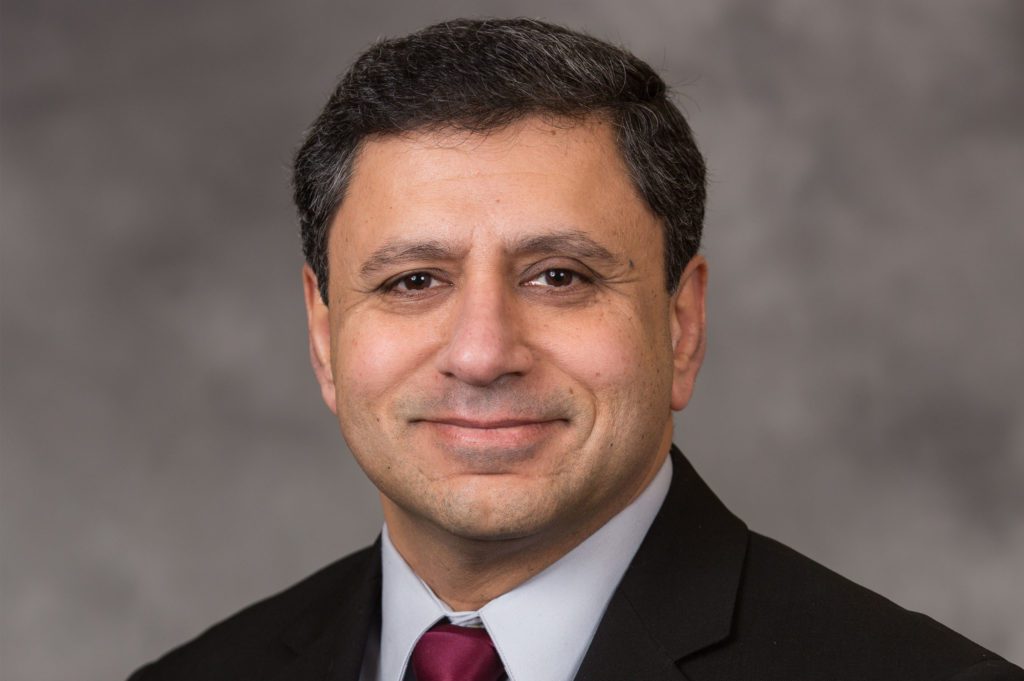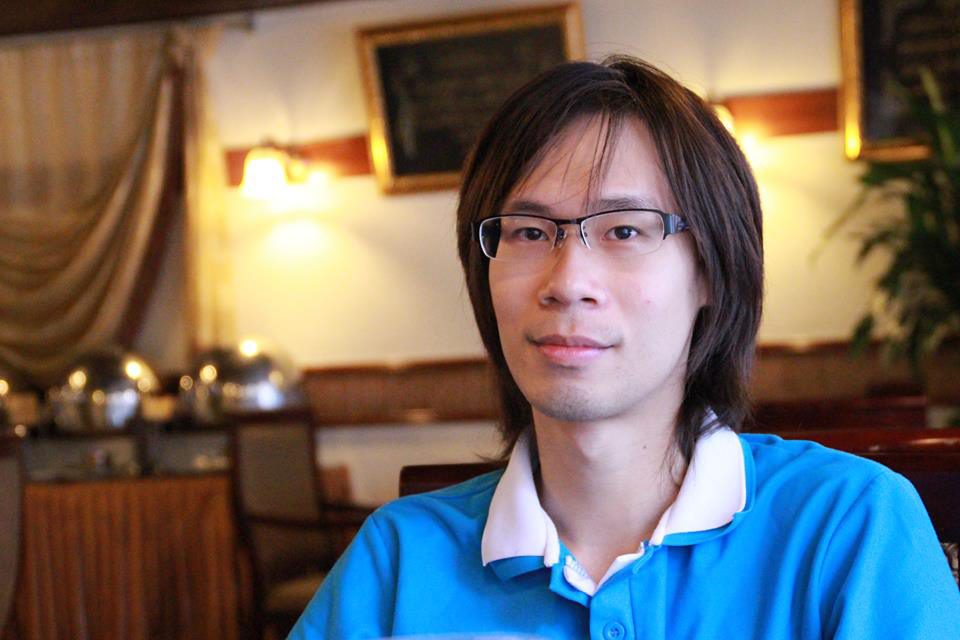Distinguished Department of Naval Architecture and Marine Engineering alumnus, Robin White, is honored by the Michigan Engineering Alumni Board.
The post Former Chief Naval Architect of US Navy wins 2020 Alumni Medal appeared first on Michigan Engineering News.

 Michigan Engineering | University of Michigan
Michigan Engineering | University of Michigan 


